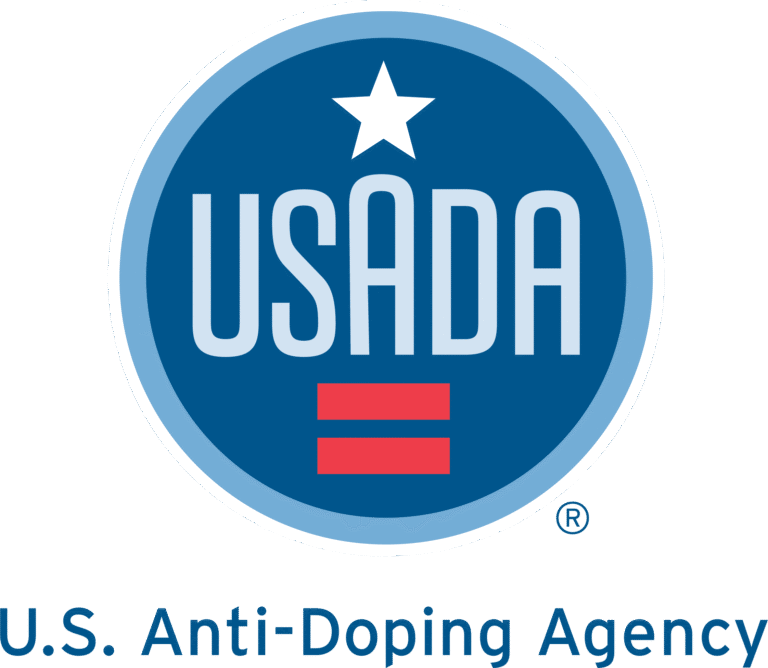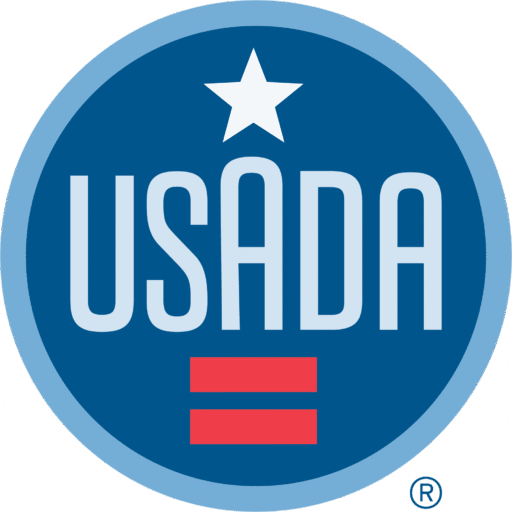
When implemented properly, an independent anti-doping program protects the health, well-being, and rights of athletes, while preserving the integrity of sport. Over time, global sport has evolved into a multibillion-dollar industry in which athletes and sport leaders serve as influential role models for people around the world. This influence means that protecting the values on which sport is based is more important than ever. Doping is a key threat to the integrity of sport, making implementation of effective anti-doping programs on a global scale all the more critical.
Here are three key reasons why independence is a necessary component of an effective anti-doping program:
- Eliminate inherent conflict of interest
When a sport employs an independent anti-doping agency, it eliminates the inherent conflict of interest that exists when a governing body is tasked with both promoting and policing its own sport. An independent agency has the freedom to make impartial decisions to secure clean sport and protect the rights of clean athletes.
Recent history has shown that without an independent anti-doping program, it can be all too tempting for a sports organization to put financial considerations ahead of anti-doping priorities, a calculus which threatens both the integrity of the sport and the health of athletes. Even when well motivated, it can be difficult for a sports organization to demonstrate to its fans, its athletes, and to the media that its decisions are truly independent and not influenced by conflicting motives.
As USADA CEO Travis T. Tygart points out, “We know from experience that when sports organizations partner with independent anti-doping organizations, it brings confidence to athletes that their rights are being protected, and that they can compete and win on a level playing field.”
- Offer unparalleled expertise
Along with eliminating conflicts of interest, an independent anti-doping agency is distinctively positioned to serve as an authority in anti-doping, bringing trusted experience and expertise to testing, results management, adjudication, and athlete education programs. Operated by autonomous experts chosen for their anti-doping experience rather than marketing or sports background, an independent anti-doping agency has the unobstructed ability to implement best practices and deliver improved anti-doping operations.
Over the past 15 years, sport anti-doping programs have increased greatly in sophistication. The latest programs incorporate high levels of scientific and technical expertise, intelligence gathering, and the ability to successfully monitor and test athletes 24/7 around the world.
To be successful, current programs must successfully interface with governmental and non-governmental agencies around the globe. Information sharing and collaboration for the benefit of anti-doping is typically optimized when these entities are dealing with an independent anti-doping agency rather than a sports organization performing anti-doping functions.
- Increase transparency and public confidence
Numerous independent reviews of sport, including the Mitchell Report and the recent WADA Independent Commission reports, have made the important point that increasing transparency in anti-doping processes enhances accountability and trust. Additionally, transparency regarding testing results and sanctions is essential to increase athlete confidence in the anti-doping system and to deter doping.
Independent anti-doping agencies operating under the World Anti-Doping Code have, therefore, developed well defined processes that balance the due process rights of athletes with the undisputed importance of public disclosure of test results, case outcomes, and sanction decisions.
Consequently, independent anti-doping agencies have developed the capacity to operate within the “relentless spotlight,” providing both the transparency and accountability to help sport live up to its true potential, while safeguarding confidential information until the time that disclosure is appropriate. For example, independence, transparency, and experience is valuable when dealing with a high profile investigation where there can be pressure to announce a result, but it is more important to defer announcement until the investigation is concluded.
Similarly, sports organizations are not best positioned to make credible anti-doping decisions when those decisions can impact schedules, sponsors, or competition outcomes. In these situations, anti-doping organizations are best positioned to make the right decision, at the right time, and most importantly, for the right reasons.








